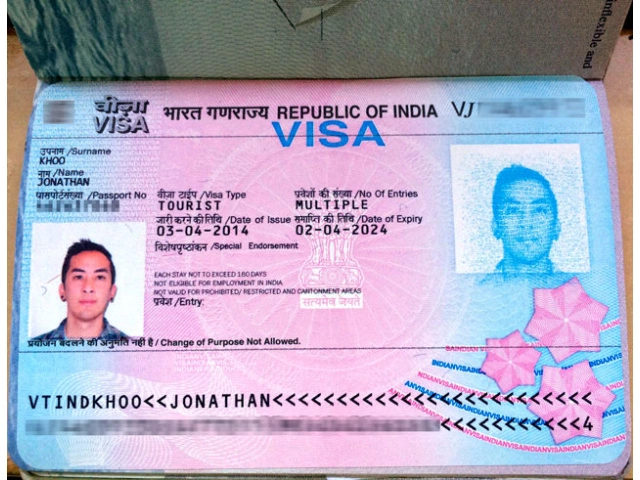
The Socio-economic Factors
One of the reasons why life in India can be portrayed as depressing is due to the socio-economic factors that are prevalent in the country. Poverty is a significant issue, with a large portion of the population living below the poverty line. This is a result of systemic issues such as lack of access to quality education, poor infrastructure, and the unavailability of ample job opportunities. This often leads to a sense of despair and hopelessness among the people.
Moreover, the income disparity in India is stark. The rich continue to grow richer while the poor struggle to meet their basic needs. Such inequality often leads to social unrest and a general sense of dissatisfaction among the people, contributing to the perception of life as depressing.
The Pressure of Cultural and Social Norms
India is a country rich in culture and tradition. However, the pressure of conforming to societal norms and expectations can often be overwhelming. The societal pressure to succeed academically, to marry at a certain age, to have children, and to adhere to certain gender roles can be mentally and emotionally taxing. This constant pressure can lead to stress, anxiety, and depression, making life seem depressing for many.
Furthermore, the stigma associated with mental health often prevents people from seeking help. This, coupled with a lack of adequate mental health resources, exacerbates the situation, making life more challenging and seemingly depressing.
The Struggle with Infrastructure and Basic Amenities
Despite being one of the fastest-growing economies in the world, India still grapples with infrastructure and basic amenities. Many areas, especially in rural India, still lack proper roads, electricity, clean drinking water, and sanitation facilities. This struggle for basic amenities can make life difficult and frustrating, adding to the general sense of despair and depression.
Moreover, the rapid urbanization in India has led to overcrowded cities, pollution, traffic congestion, and housing issues. This lack of infrastructure and amenities can adversely affect the quality of life, making it seem depressing.
The Impact of Political and Bureaucratic Corruption
Corruption is a widespread issue in India, permeating all levels of the government and bureaucracy. This corruption often leads to the misuse of public funds, inefficient administration, and the slow execution of public projects. It also breeds a culture of bribery and nepotism, which can be frustrating and disheartening for the common man, contributing to the sense of life being depressing in India.
Furthermore, the lack of accountability and transparency in the system often leads to a sense of helplessness among the citizens, further contributing to the overall perception of life in India as depressing.
The Challenge of Overpopulation
Overpopulation is a major issue in India, leading to a strain on resources, increased competition for jobs, and a rise in poverty. It also results in overcrowded cities, slum development, and inadequate public services. All these factors combined can make life seem chaotic and stressful, adding to the feeling of depression.
In conclusion, while India is a country of immense potential and rich cultural heritage, it does face some significant challenges. These issues, however, are not unique to India and are prevalent in many developing countries. It is important to address these issues effectively to improve the quality of life and change the narrative of life being depressing in India.



